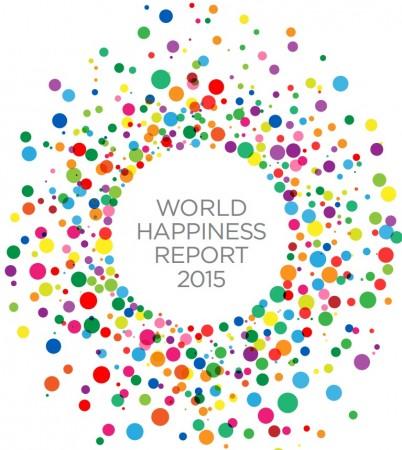
India has not fared well in the happiness index of World Happiness Report 2015 published by the Sustainable Development Solutions Network (SDSN), placing the country at 117th spot out of 158 countries considered in the survey.
India ranks much lower than its neighbour Pakistan, which stands at 81st position.
India's ranking in the World Happiness Index has dropped from 111 in 2013 to 117 in 2014, placing it in the company of Liberia (116), Zimbabwe (115), Ghana (114), South Africa (113), Iraq (112), Ukraine (111), Iran (110), Bangladesh (109), and Palestine (108).
The World Happiness Report 2015 published by SDSN, an initiative started in 2012 by the United Nations, was based on a survey conducted by American research-based company Gallup over the period 2012-15.
Six variables – GDP per capita, healthy life expectancy, having someone to count on, perceived freedom to make life choices, freedom from corruption, and generosity – were considered in the survey.
Switzerland has been named happiest country in the world, followed by Iceland, Denmark, Norway, Canada and others. Here is list of top 10 world's happiest countries:
1) Switzerland
2) Iceland
3) Denmark
4) Norway
5) Canada
6) Finland
7) Netherlands (Holland)
8) Sweden
9) New Zealand
10) Australia
Here is list of 10 world's least happy countries:
1) Togo
2) Burundi
3) Syria
4) Benin
5) Rwanda
6) Afghanistan
7) Burkina Faso
8) Ivory Coast
9) Guinea
10) Chad
The report said that "well-being and happiness are critical indicators of a nation's economic and social development, and should be a key aim of policy."
"The aspiration of society is the flourishing of its members," said Jeffrey Sachs, Director of the Earth Institute, Columbia University, according to the report.
"This report gives evidence on how to achieve societal well-being. It's not by money alone, but also by fairness, honesty, trust, and good health. The evidence here will be useful to all countries as they pursue the new Sustainable Development Goals."
"As the science of happiness advances, we are getting to the heart of what factors define quality of life for citizens," said Professor John F. Helliwell, of the University of British Columbia and the Canadian Institute for Advanced Research.
"We are encouraged that more and more governments around the world are listening and responding with policies that put well-being first. Countries with strong social and institutional capital not only support greater well-being, but are more resilient to social and economic crises," he added.






![Ultrahuman launches Ring PRO, free charging case with more than just power and Jade AI [details]](https://data1.ibtimes.co.in/en/full/829151/ultrahuman-launches-ring-pro-free-charging-case-more-just-power-jade-ai-details.png?w=220&h=138)










